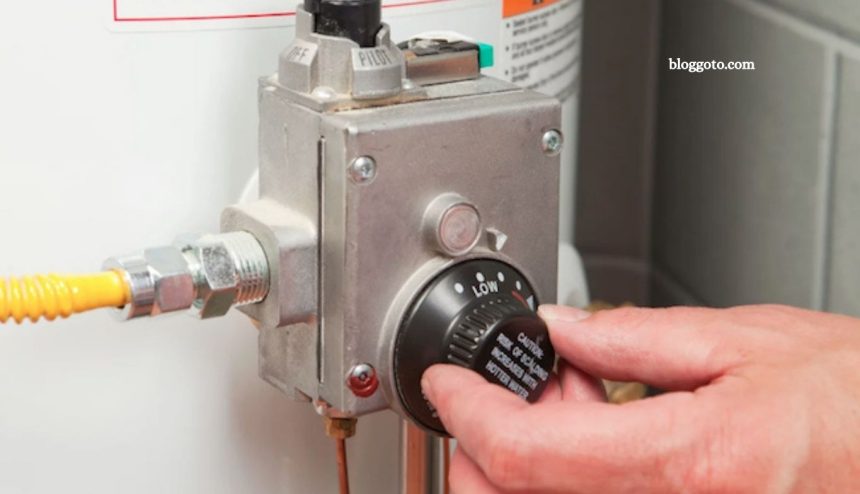Homeownership brings costs, but overspending is avoidable. If your home feels more like a financial drain than an asset, you may be making one of these 12 common money mistakes.
Owning a home is one of life’s biggest investments, but it also comes with financial challenges that can catch even experienced homeowners off guard. Overspending on unnecessary services, neglecting small repairs, holding onto outdated appliances, or failing to plan for emergencies can turn your dream home into a costly burden.
Many homeowners unknowingly make simple money mistakes that add up over time, impacting both their budget and long-term financial goals. By understanding the most common pitfalls and taking proactive steps, you can protect your investment, save money, and maintain a home that works for you. Avoiding these mistakes ensures that homeownership remains a rewarding and financially smart experience.
Read More: Budget-Friendly Home Renovation: 6 Smart Ways to Finance Your Project
Ignoring Minor Repairs Can Lead to Major Costs

Delaying small home repairs is a common but costly mistake. A minor leak or cracked fixture may seem insignificant, but neglecting it can turn a simple fix into an expensive emergency, potentially costing hundreds or even thousands of dollars.
Holding on to Outdated Appliances Drains Your Wallet
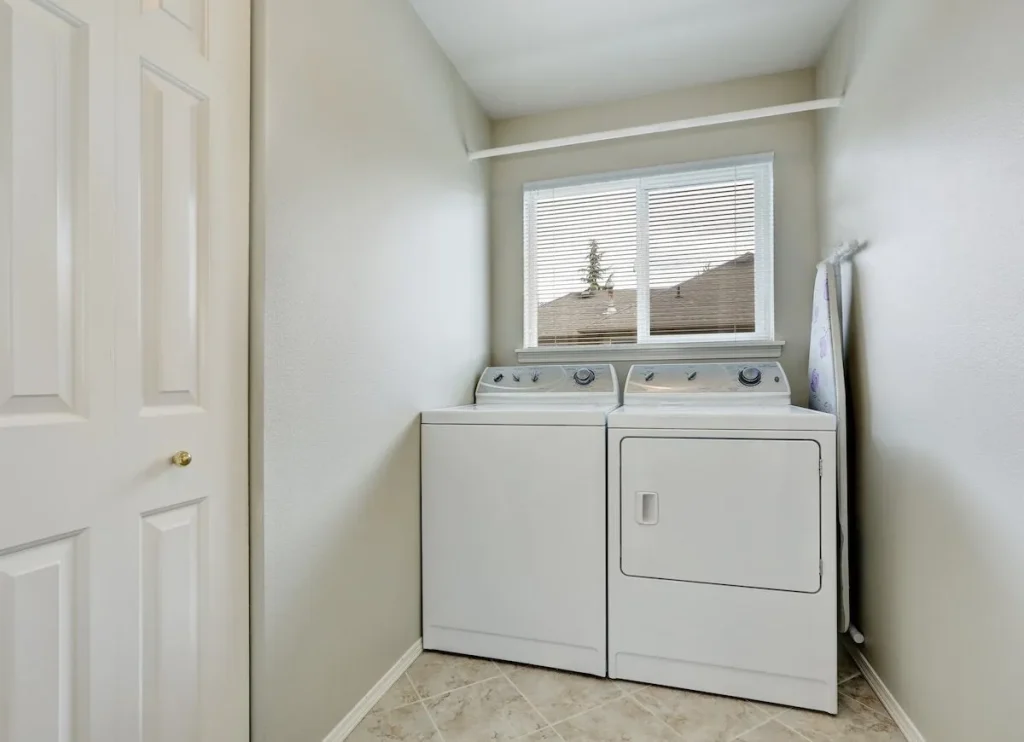
Using old dishwashers, washers, dryers, or refrigerators wastes energy—and money. Upgrading to modern, high-efficiency appliances can significantly cut your utility bills while boosting your home’s overall efficiency.
Avoid Paying for Unnecessary Home Services

Outsourcing tasks like pool care, yard maintenance, housecleaning, or minor repairs can save time but strain your budget. Consider DIY solutions or enlist family members for simple chores to save money without sacrificing upkeep.
Think Twice Before Buying Extended Warranties
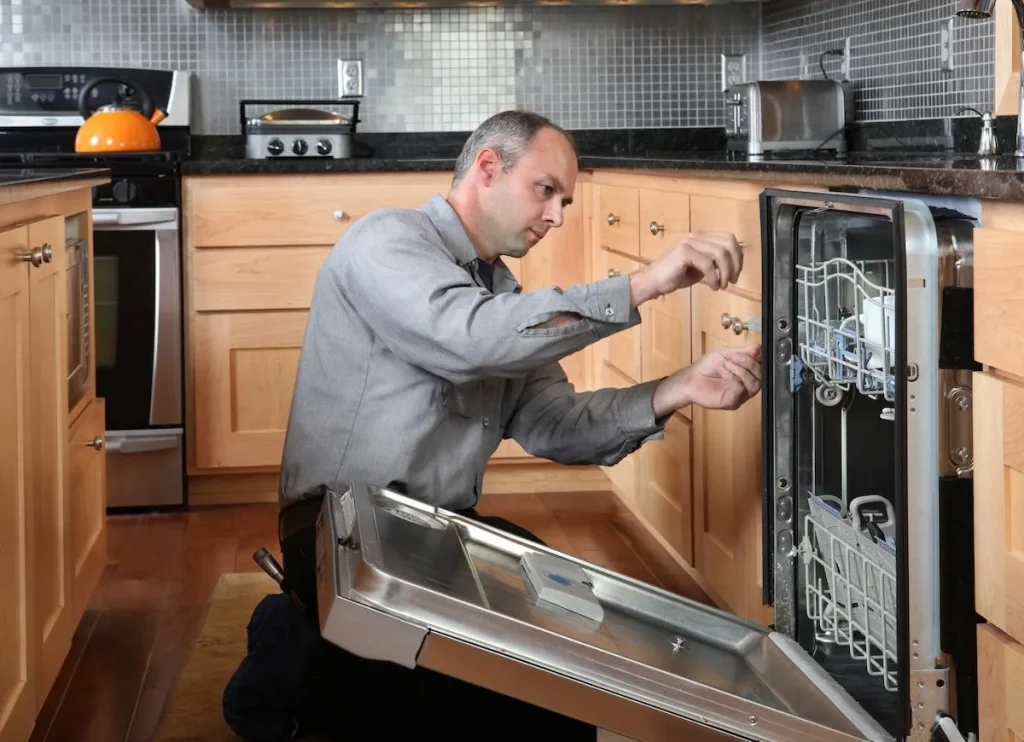
Salespeople often push extended warranties on new appliances, but they’re usually unnecessary. Manufacturer warranties typically cover most issues, and fine-print exclusions can limit coverage. Always review your appliance’s warranty before spending extra on added protection.
Ditch Old Incandescent Bulbs for Energy Savings
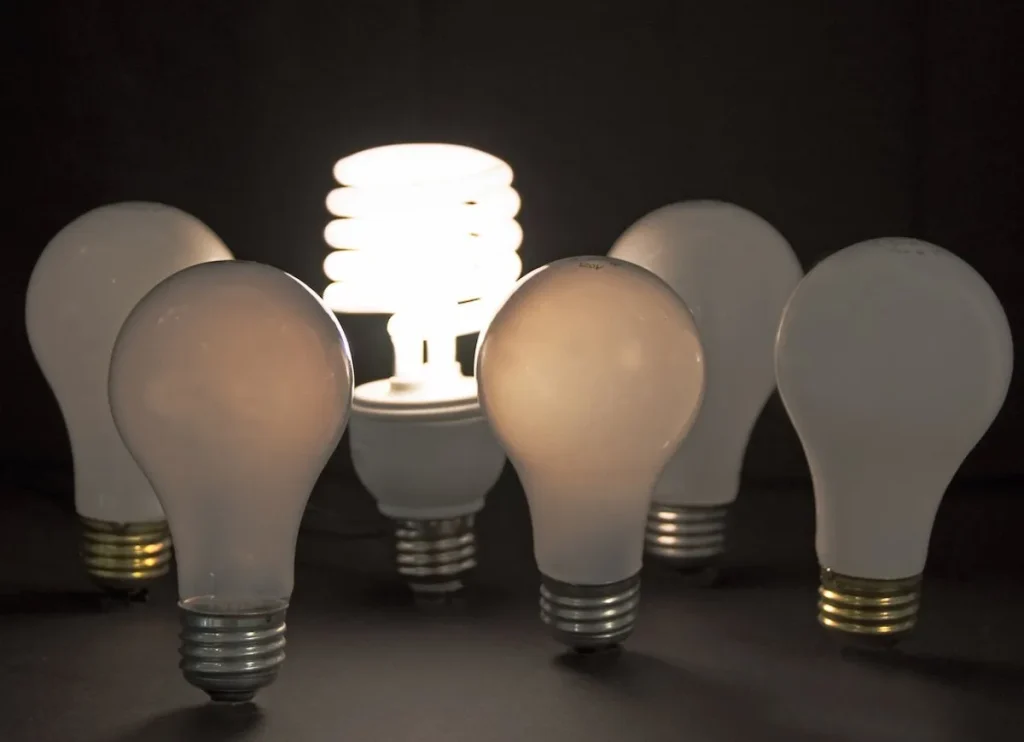
Holding onto incandescent bulbs wastes energy and money. Upgrading to CFL or LED bulbs may cost more initially but saves significantly over time with longer life and greater efficiency.
Avoid Unnecessary Home Improvements
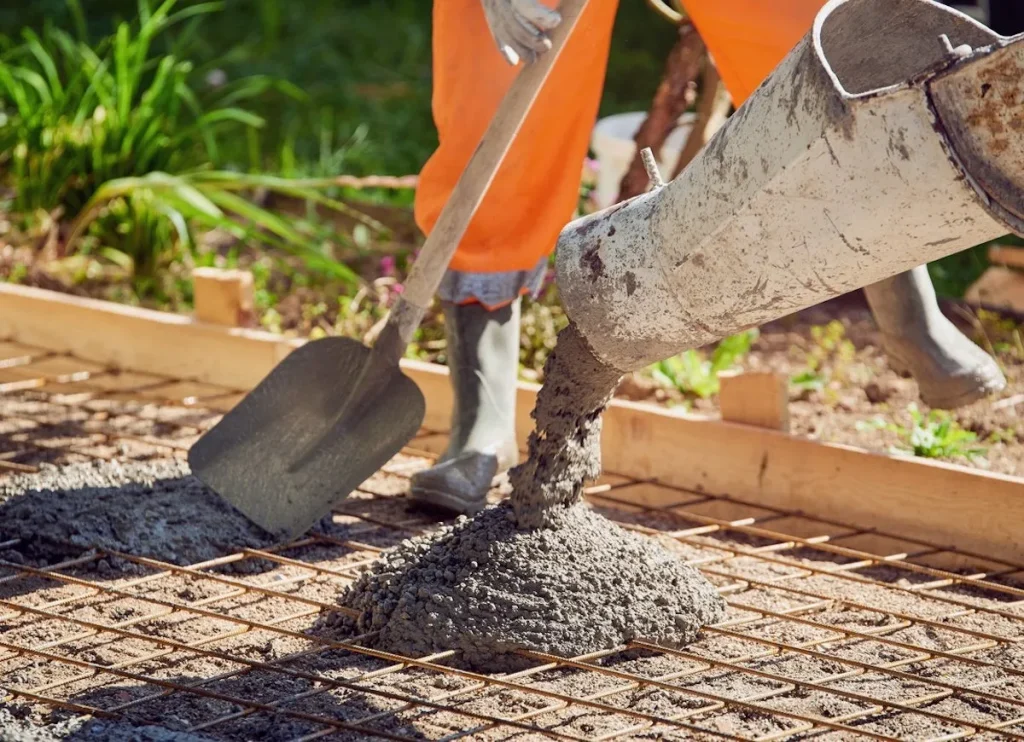
Before investing in a pool, home office, or costly addition, carefully evaluate its true cost and long-term maintenance. Many homeowners discover that the final expenses far exceed their initial estimates.
Always Save for Home Emergencies

Unexpected home repairs—like a leaky roof, failing water heater, or broken HVAC system—can strike at any time. Setting aside emergency savings prevents costly credit card debt and protects you from paying both repair costs and high interest.
Stop Paying for Unnecessary Storage
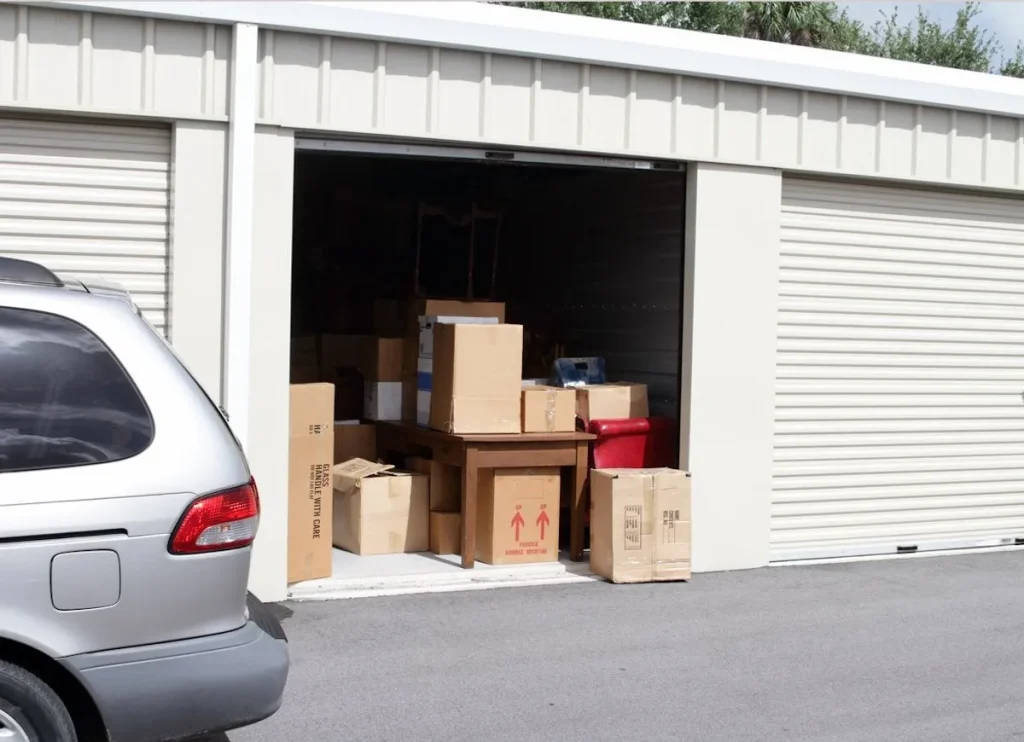
Renting storage units or pods often wastes money. If you don’t have a clear plan for the items, consider selling or donating them. Closing your storage account saves money and declutters your home.
Lower Your Water Heater to Save Energy and Money
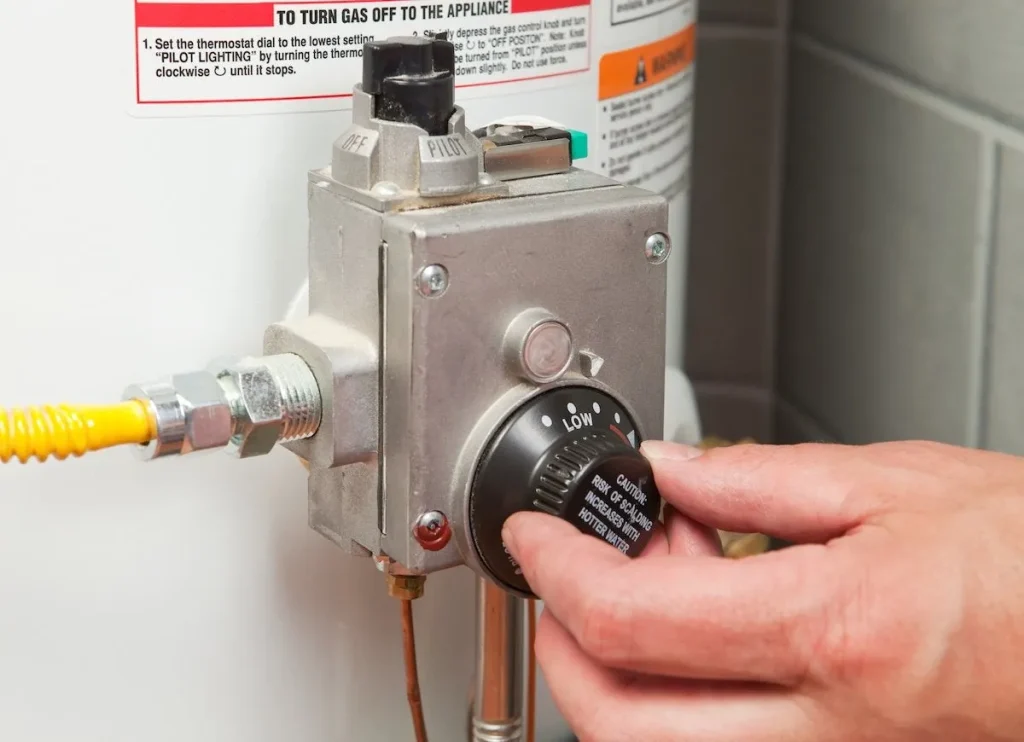
Setting your water heater above 120°F drives up utility bills and wastes energy. The U.S. Department of Energy recommends 120°F to save money, conserve energy, and prevent scalding accidents.
Regularly Replace Your HVAC Filters
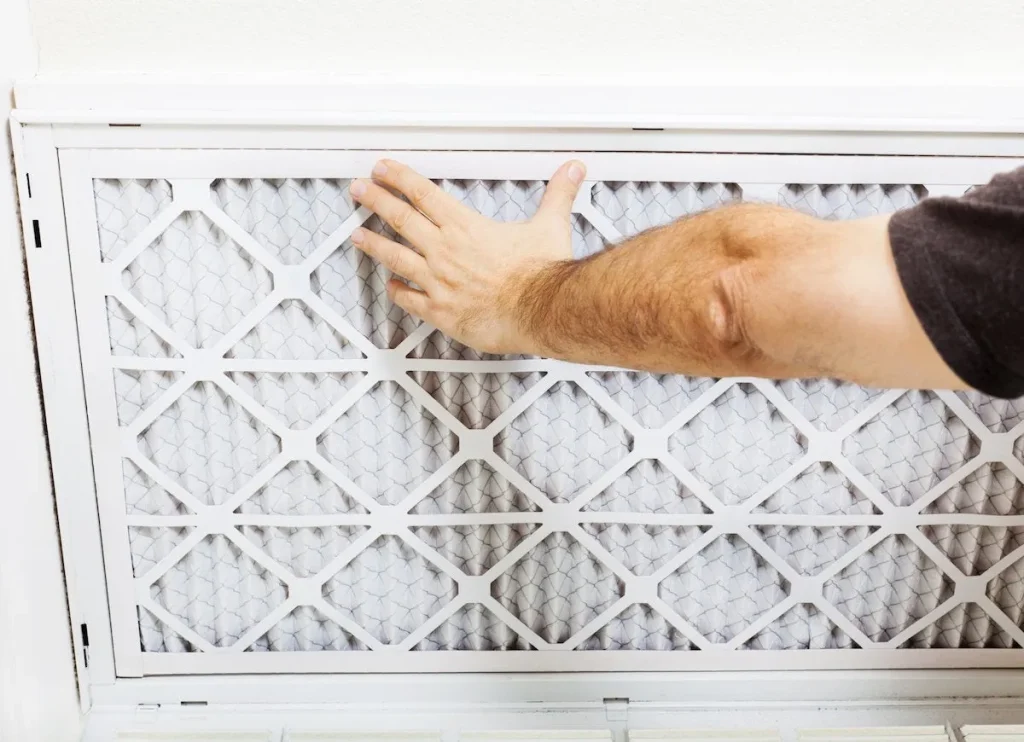
Neglecting HVAC filters reduces efficiency and increases energy costs. Change filters seasonally—or more often if you have pets, allergies, smoke, or live in a dusty area—to keep air clean and bills low.
Choose Low-Maintenance Landscaping
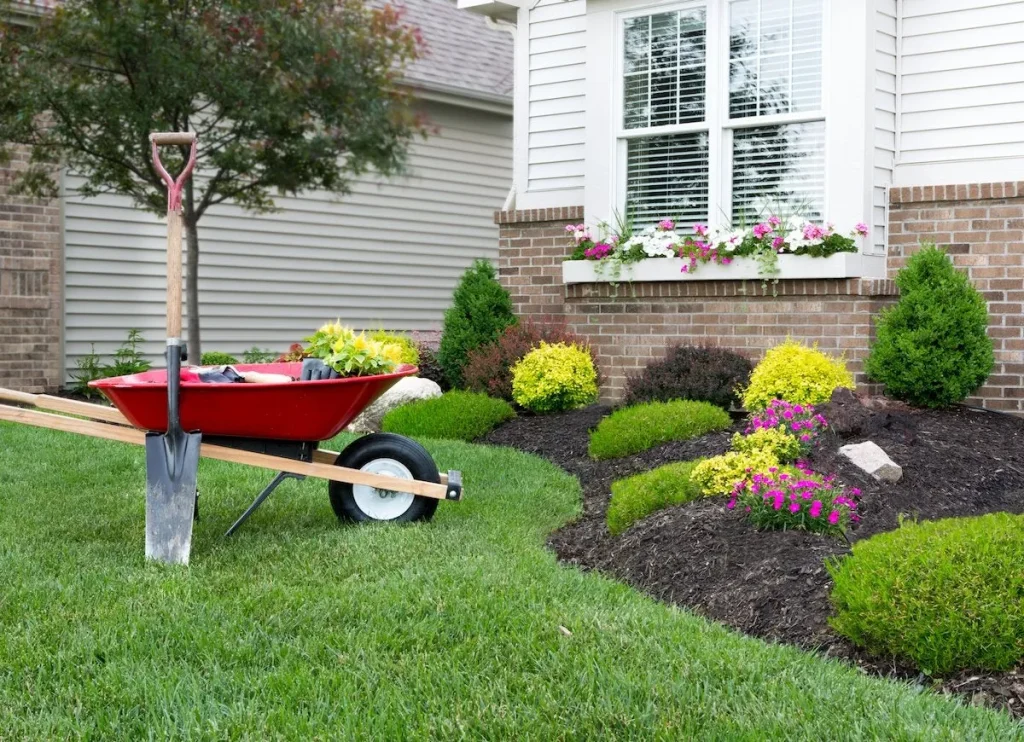
Enhance curb appeal without overspending on high-maintenance plants. Opt for hardy greenery that thrives with minimal care, and add affordable annuals in pots or window boxes for a vibrant, budget-friendly yard.
Shop Around for the Best Insurance Rates
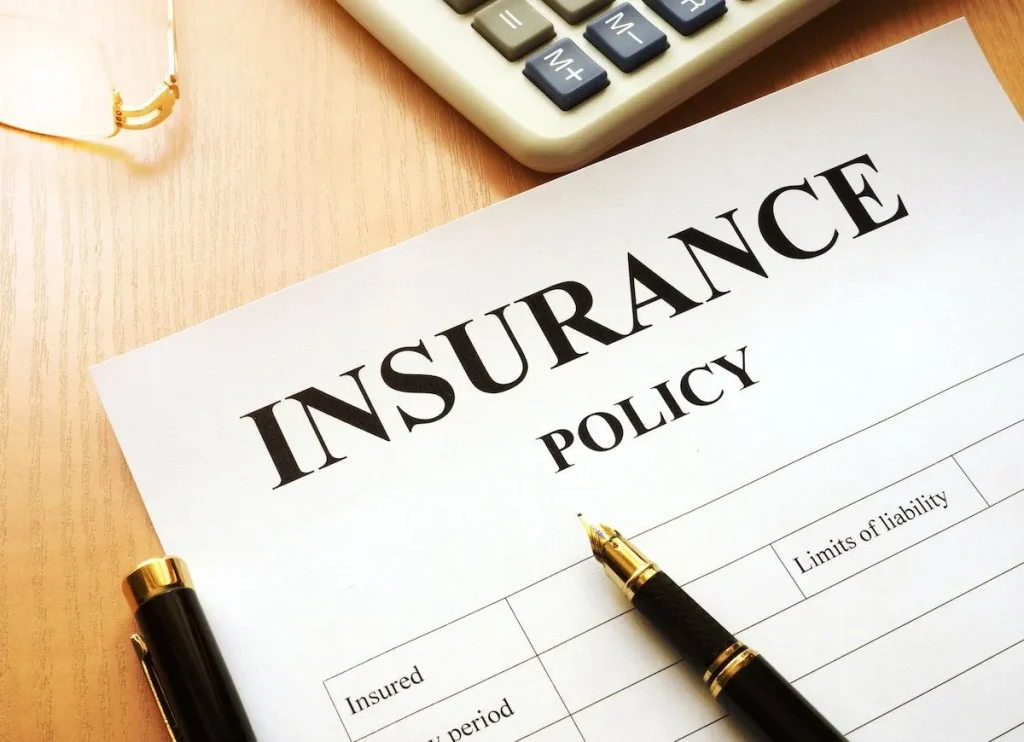
Relying on your agent’s recommendation or bundling with your auto insurance may cost more than necessary. Comparing quotes from multiple providers can help you save significantly on premiums.
Invest Wisely to Save More

Smart home savings often require an upfront investment. Skimping on repairs or opting for cheap products can cost more over time, while quality choices and proper maintenance reduce long-term expenses.
Frequently Asked Questions
What are the most common money mistakes homeowners make?
Common mistakes include neglecting small repairs, holding onto outdated appliances, overspending on unnecessary home improvements, not saving for emergencies, and overpaying for services or storage.
How can homeowners avoid costly repairs?
Regular maintenance, timely repairs, and addressing minor issues before they escalate can prevent expensive emergencies and keep your home in top shape.
Are extended warranties worth it for home appliances?
Often not. Most appliance issues are covered by the manufacturer’s warranty, and extended warranties may have exclusions that limit coverage. Always review the manufacturer’s warranty first.
How can I save on energy costs at home?
Upgrade to energy-efficient appliances, switch to LED or CFL bulbs, replace HVAC filters regularly, and set your water heater to 120°F to reduce utility bills.
Should I hire professionals for every home task?
Not always. Simple maintenance, yard work, or small repairs can often be handled yourself or with help from family, saving money without sacrificing quality.
How can I avoid overspending on home improvements?
Plan carefully, compare costs, and evaluate long-term maintenance before committing to large projects. Focus on improvements that add real value or solve critical problems.
Why is it important to have an emergency fund for home repairs?
Unexpected issues like roof leaks or HVAC failures can be costly. An emergency fund prevents reliance on credit cards and avoids paying interest on top of repair costs.
Conclusion
Homeownership comes with unavoidable costs, but avoiding common money mistakes can save you thousands. From keeping up with small repairs and upgrading inefficient appliances to carefully planning improvements and maintaining an emergency fund, smart financial choices protect both your home and your budget. By staying proactive and mindful of where your money goes, you can enjoy your home without letting it become a financial burden.

